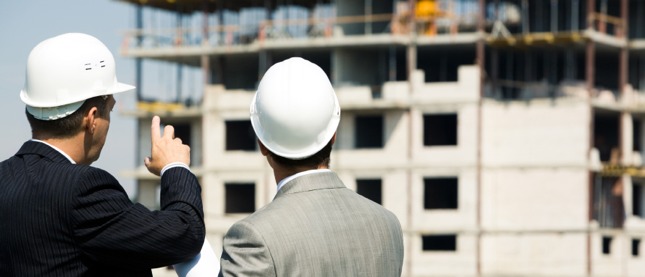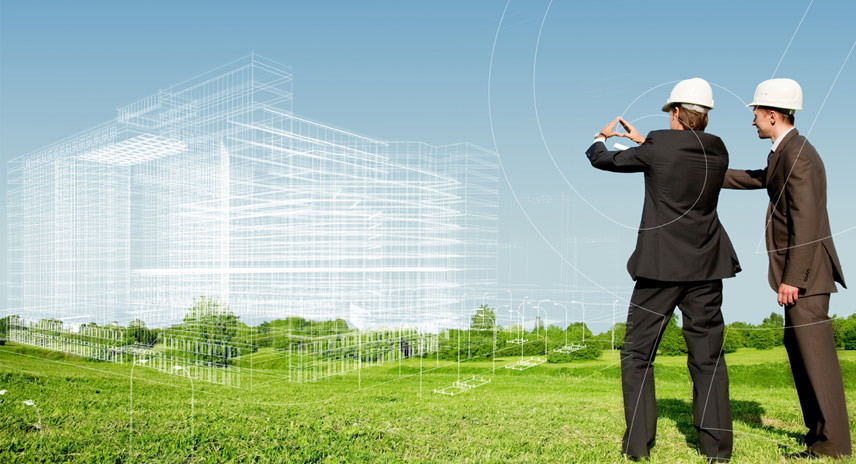Understanding the Position and Influence of Property Developers in Real Estate
Understanding the Position and Influence of Property Developers in Real Estate
Blog Article
Property developers play a pivotal part in shaping the social, physical and economic landscapes in our cities. These individuals or companies are instrumental in the transformation of raw landscapes into lively communities, commercial hubs, or residential complexes. Their influence extends beyond mere building; they're creators of urban settings, sculptors of skylines, as well as facilitators of social progress. However, their work is controversial, bringing up questions about the sustainability of their work, affordableness, and the gentrification process.
In the midst of residential development is the concept of creating areas that reflect the changing needs and expectations of our society. Developers begin projects by meticulous design, carrying out feasibility studies, market research, and architectural assessments to ensure sustainability and a good fit with market demand. The forward-thinking method does not just meet the current needs but also considers emerging trends to ensure sustainable urban development.
Executing a development project requires meticulous plan, cooperation and management of resources. Property developers coordinate a group of architects, engineers, contractors and subcontractors to create their vision. They supervise every step of the construction process, including site preparation, the development of infrastructure, to building construction as well as interior finishing. This demands savvy ability to manage projects and navigate complexities such as budget constraints regulations, budgetary constraints, and unanticipated obstacles. Furthermore, developers need to ensure that construction conforms to high quality standards, safety rules, and sustainability guidelines, which reflects their long-term commitment to value creation.
Alongside physical development Property developers also play a significant role in shaping the socio-economic landscape of communities. Through investment and strategic planning that they play, they are able to contribute to the creation of vibrant neighborhoods which are stocked with basic amenities including recreational facilities, recreation areas and other cultural activities. The developments do not just improve the living standards of inhabitants but also lure businesses that boost job creation and foster a sense of belonging. Furthermore, developers often engage in charitable activities, helping local initiatives and infrastructure projects that improve social life in the region. To find new details please go to akisama.com.my/
However, the quest for development can also bring difficulties and debates, typically entailing complex negotiations with local governments in relation to environmental and communities' resistance. Some critics argue that the rapid growth of cities driven by developers could cause the problems of gentrification and displacement of indigenous communities and the degradation of our environment. Finding a balance between the demands of economics and environmental sustainability remains an ongoing issue to the development industry.
Despite their inherent complexity and uncertainties, property owners continue to be the key catalysts of progress and prosperity in the real estate sector. Their ability to anticipate as well as execute and to adapt to the changing dynamics of markets is the key to innovation and sustainability in urban environments. Through embracing sustainable development practices by encouraging participation from the community and welcoming diversity, developers can play a pivotal contribution to shaping a more equitable and sustainable future that is more inclusive that will be enjoyed by generations to come.
